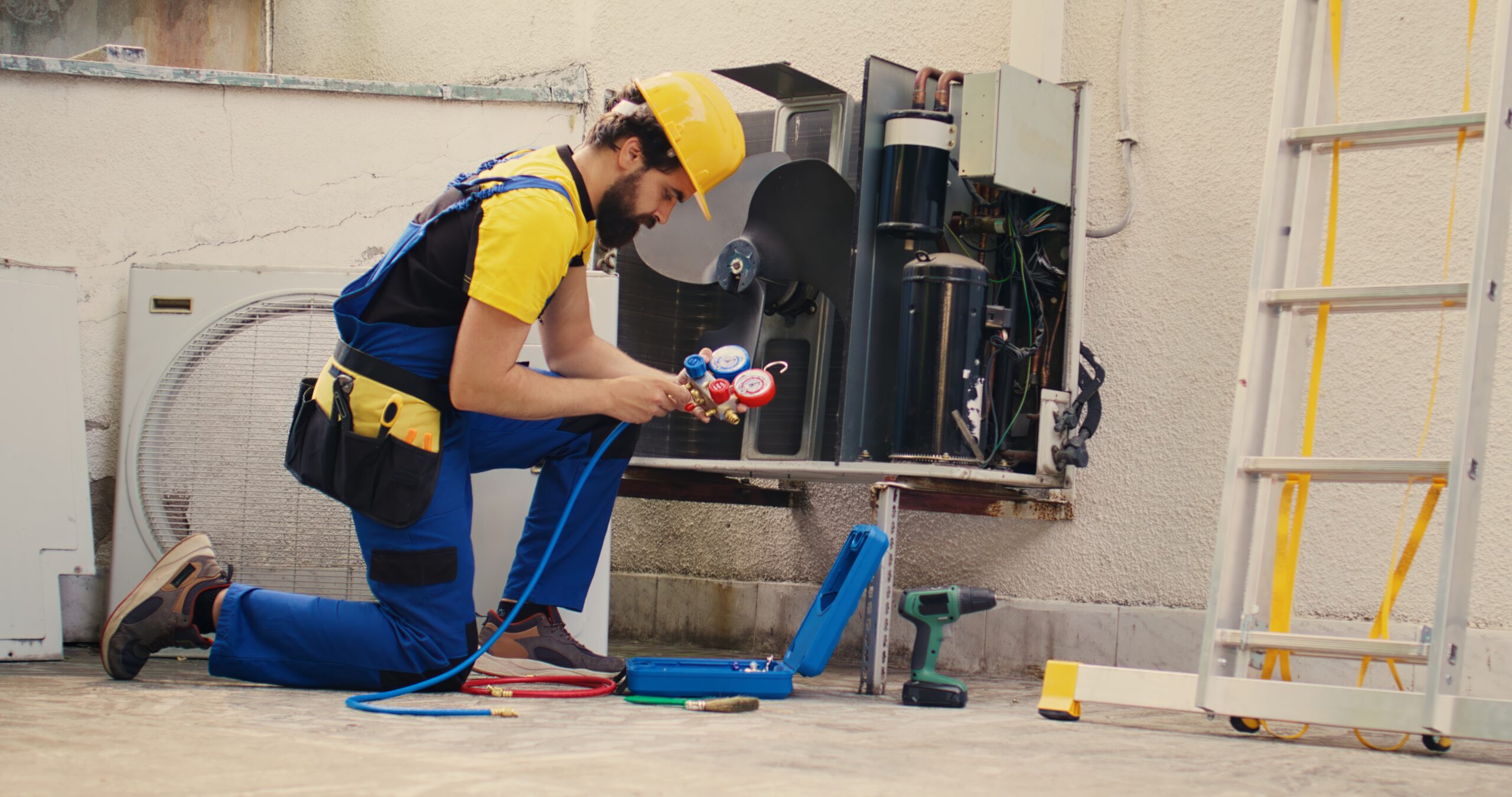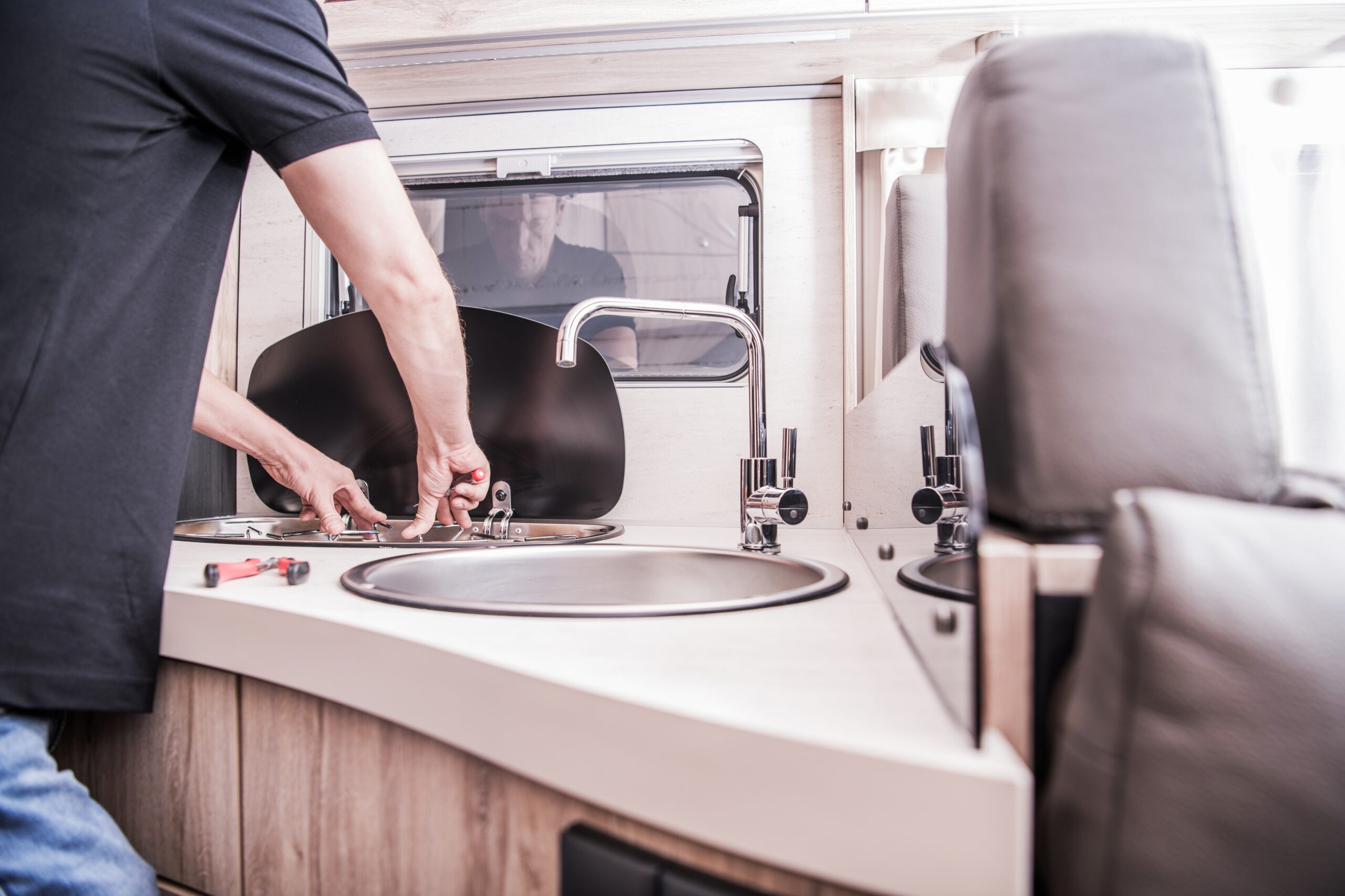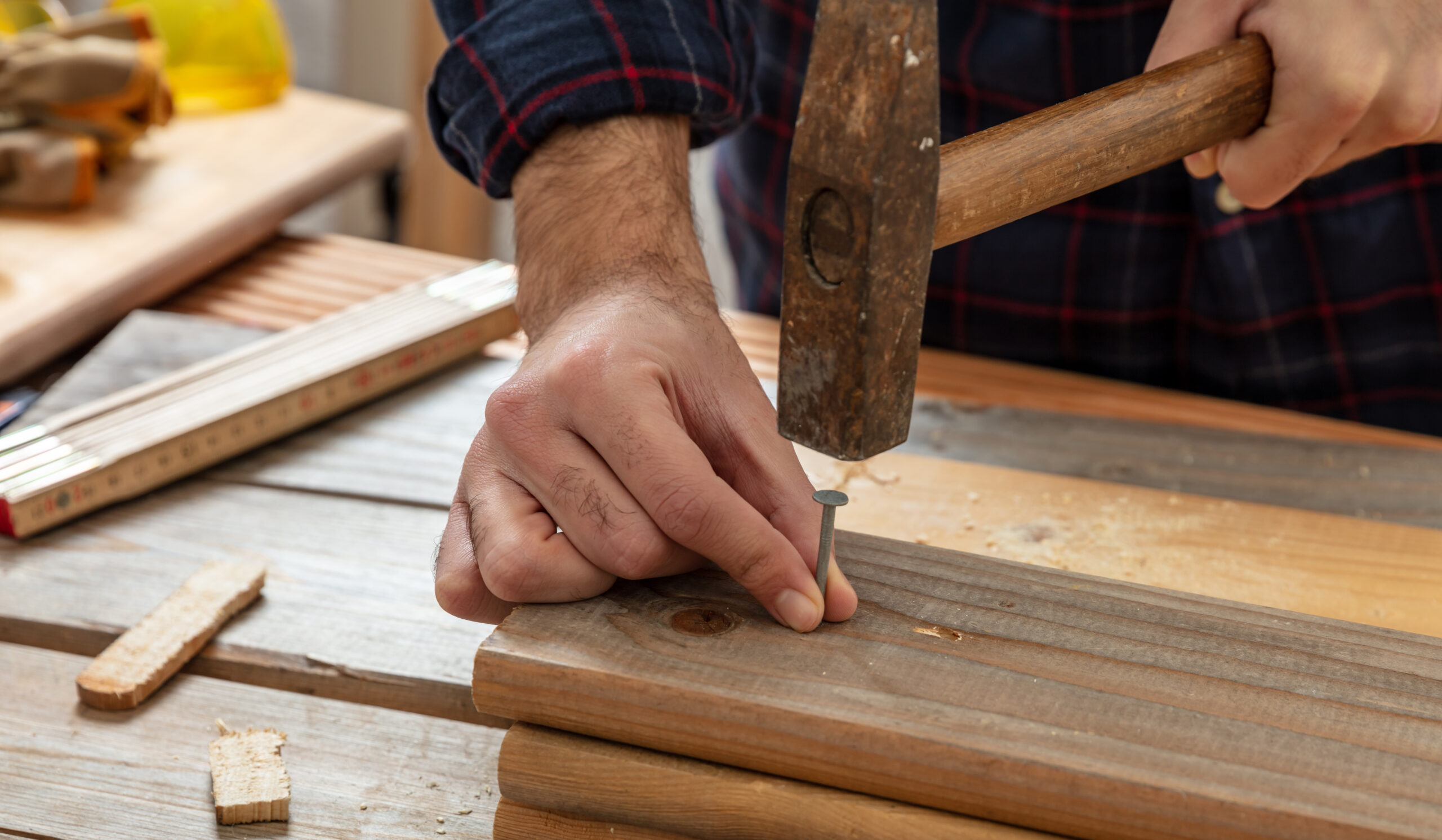Returning home after rehab can be an exciting and scary time. While you’ve already taken the first step in living a healthier life, you may be wondering about the next steps to ensure your sobriety. It’s perfectly normal to have reservations about leaving a residential rehab facility. The good news is that there are therapists, clinicians, peer support groups, and even family members who will be able to help after returning home. If you’re wondering where to begin when it comes to starting a new life after rehab, read on for some support services to think about.
Mental Health Professionals and Group Support Resources

A quick Google search for your location and therapy can easily put you in touch with a therapist trained in working with people to prevent relapse or who are in long term recovery. For example, if you live in New York City, a Google search for ‘therapy in NY‘ will bring you to a variety of professionals in NYC who can help you through cravings, guide your path to setting new goals, and can give you counseling on any mental health problems you might be struggling with. Licensed therapists and clinicians can also put you in touch with peer support groups that will mean a network of new friends whose primary goals center around sobriety and living a healthier lifestyle.
Perhaps you are someone who had the benefit of starting your recovery in a luxury rehab center like The Hope House. Having been provided with the best mental health treatments and group therapies, it might be intimidating to move on to the next chapter of your life without professional health. For someone like you, it could be a great idea to ask the staff at Hope House (or whatever rehab you’ve been through) whom they recommend you see after leaving rehab. By setting up a support plan for after rehab, you’ll be in the position to know who to call on challenging days and will be less likely to relapse.
Family and Friends
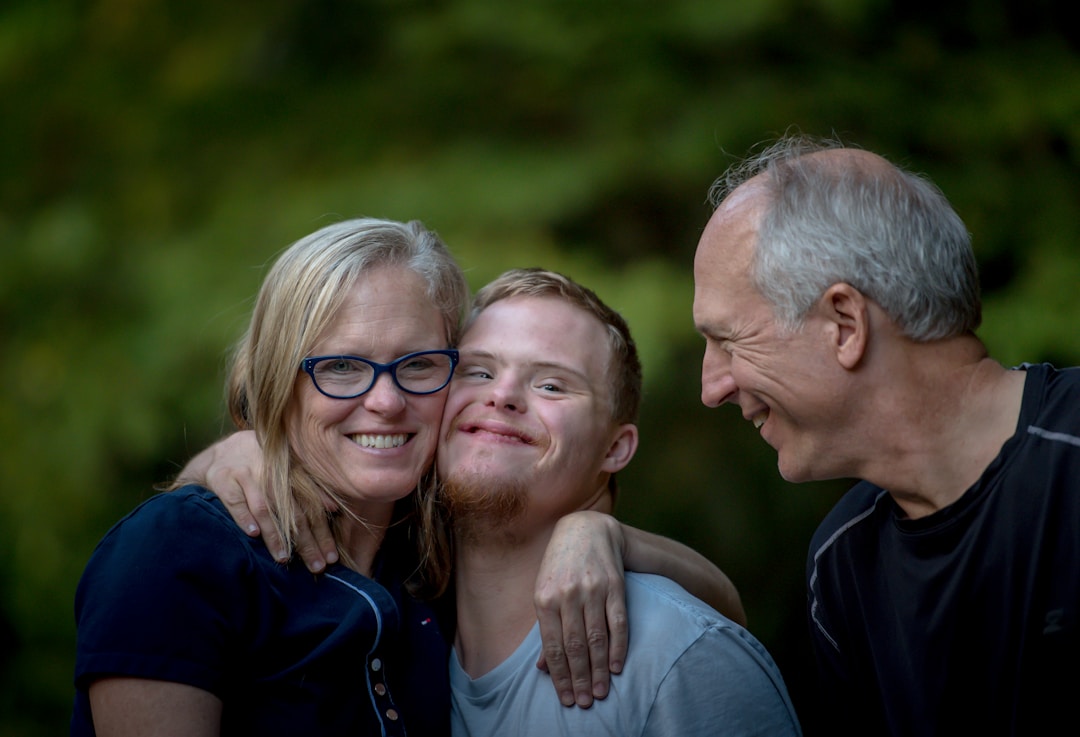
While mental health and substance abuse specialists will be helpful in helping you reinvent your life after rehab, it will be important to surround yourself with sober friends and family, too. If you haven’t already done so, take the time to have open and honest conversations with family members and friends who you trust. Tell them about your sobriety goals and let them in on ways they can help you maintain your recovery. By asking them to help hold you accountable, you’ll be giving yourself another safety net when it comes to those difficult days when you’re faced with triggers or tempted to use.
Clear and Achievable Goals
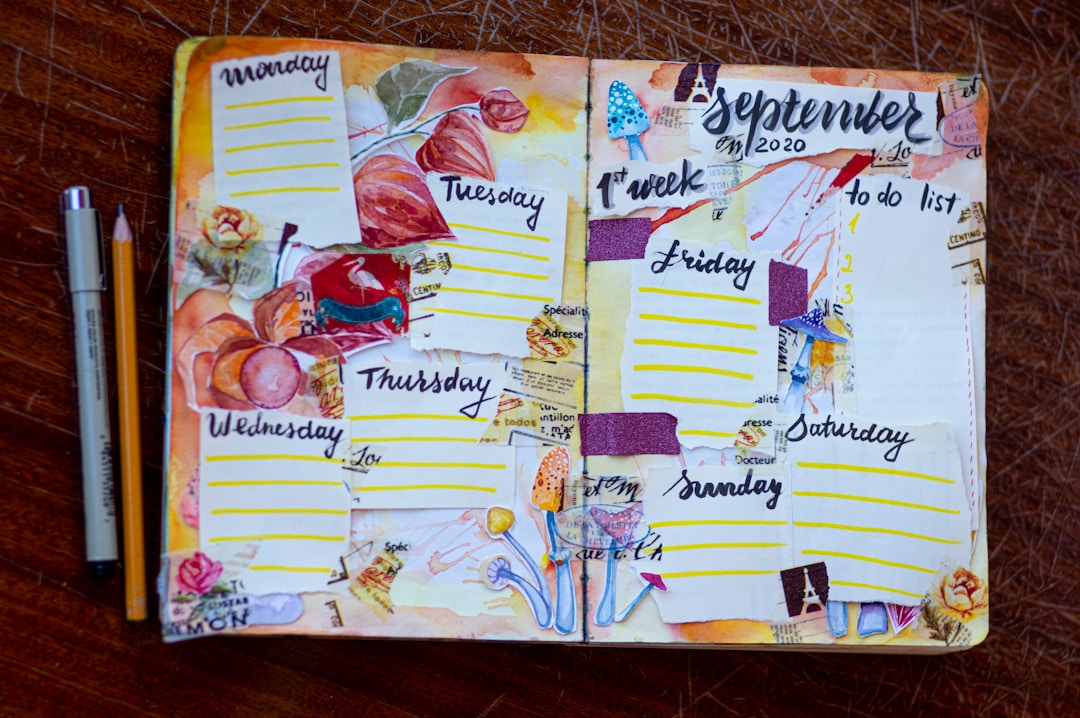
Part of recovery means being able to see a way forward without the use of substances. Regardless of the type of treatment, you had to get sober, it’s important to write down a list of attainable goals that aren’t related to recovery. Consider your career, relationships, and where you hope to be in the next year.
While you’ll want to take your recovery one day at a time, knowing you’re working toward a bigger future will help to keep you on track. Share these goals with your support system so that they can help celebrate your achievements as you go. You don’t have to go through the second part of recovery alone.
You’ve come a long way. It’s important to trust yourself with your long-term recovery and give yourself the best chances of success by surrounding yourself with people who can help on challenging days. In building a strong support network, setting clear and achievable goals, and taking one day at a time, you’ll be well on your way into your next chapter of recovery. Congratulations on how far you’ve come, and best of luck in your new and healthier lifestyle. Believe in yourself! You’ve already proven that you can do it.









